Romanian President Klaus Iohannis will pay an official visit to Hungary on Wednesday and will meet with Hungarian President Katalin Novak, who visited Bucharest barely a month ago. The last time such a high-level meeting took place between the Romanian and Hungarian sides was in 2009, which is hardly surprising given the two countries' fraught past and political differences. However, the slowly improving relations are good news for Hungarians both within and beyond Hungary's border, and also serve Hungary's economic and political interests. After the the Socialist era's self-abnegating "let's dare to be small" policy, the national-minded government's foreign policy, with a primary focus on Hungarian interests, appears to come to fruition incrementally.
The most memorable is perhaps the opening stages of the socialist's failed, self-abnegating foreign policy, a moment in 2002 when Peter Medgyessy, as newly elected socialist prime minister, toasted his Romanian counterpart on December 1, when Romania celebrates the annexation of Transylvania.The gaffe has caused considerable outcry both in Hungary and beyond its borders, and rightly so, because it was a direct continuation of Janos Kadar's policy, which almost compulsively denied the existence of Hungarian national interests. The act, which ex-PM Medgyessy defends ever since, is a perfect example of the empty leftist gesture politics typical of the period: did it bring the slightest improvement in Hungarian-Romanian relations?
In the realm of foreign policy, gestures and symbols are important, but expecting these alone to bring an improvement in relations is a mistake. In the absence of precisely defined and consistently represented values, our relations with Romania could only improve to the detriment of Hungary under the Medgyessy and later Gyurcsany governments. Joining the EU would have offered a perfect time frame for settling our affairs and negotiating concessions for ethnic Hungarians living outside Hungary's borders, but the government at that time failed to seize this opportunity. In 2010, however, after a sweeping electoral victory by the national side, Hungary adopted a completely different approach in foreign policy. This, of course, led to more confrontation with our neighbors, but it also enhanced respect for the Hungarian state. Fico, with his initial anti-Hungarian outbursts, has slowly tamed into a friend of the Hungarian government, and such a close relationship developed with Serbia that no one would have imagined a few decades earlier.
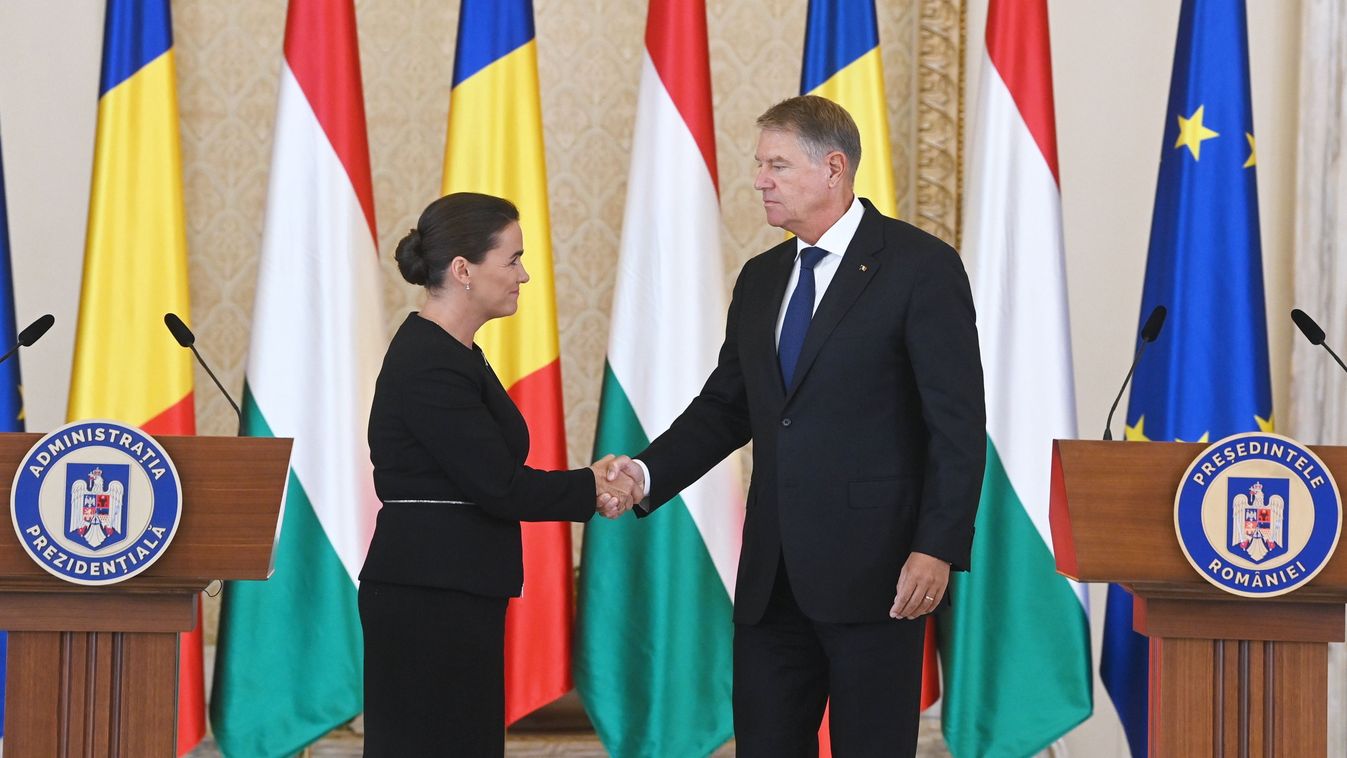
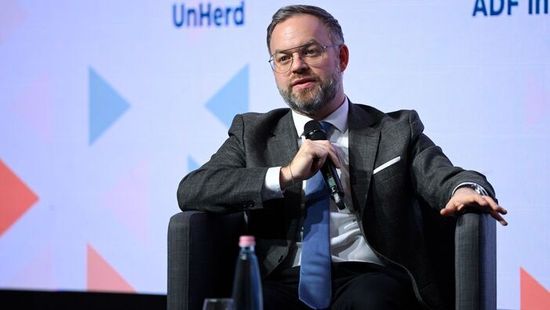

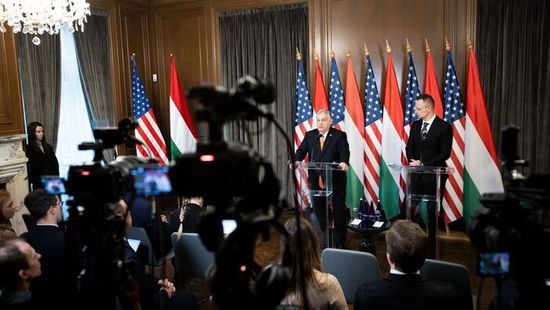
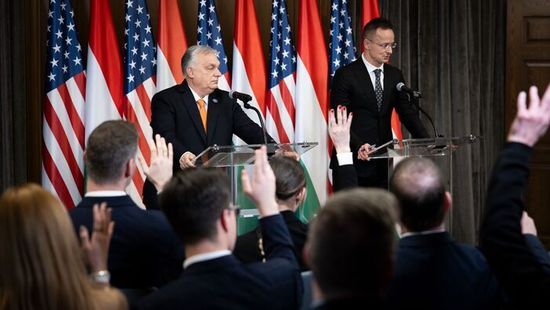

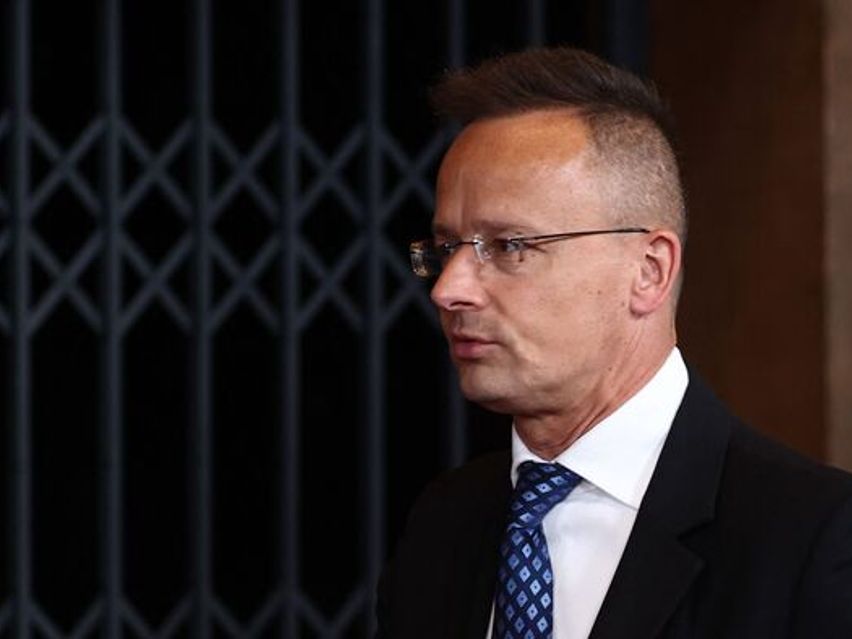


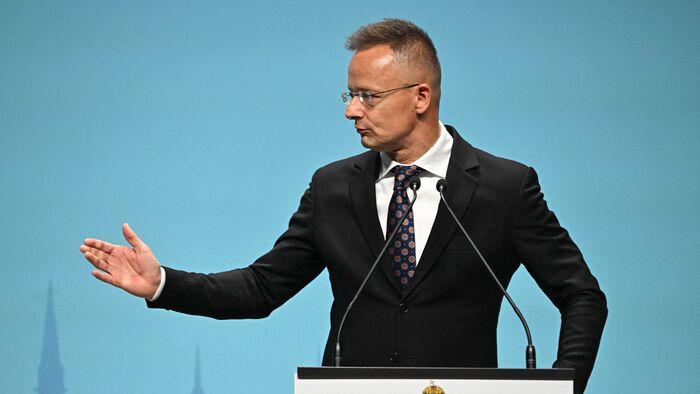


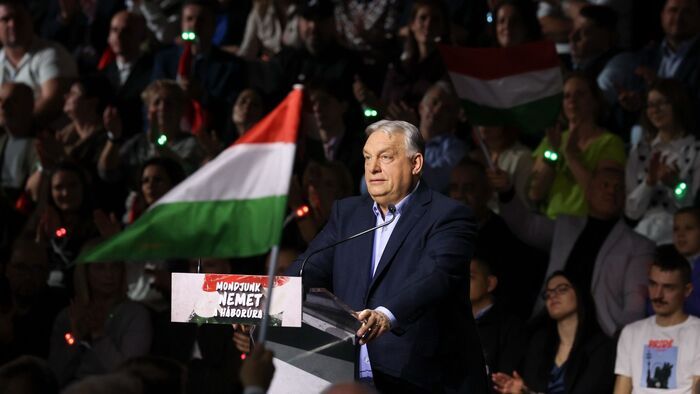
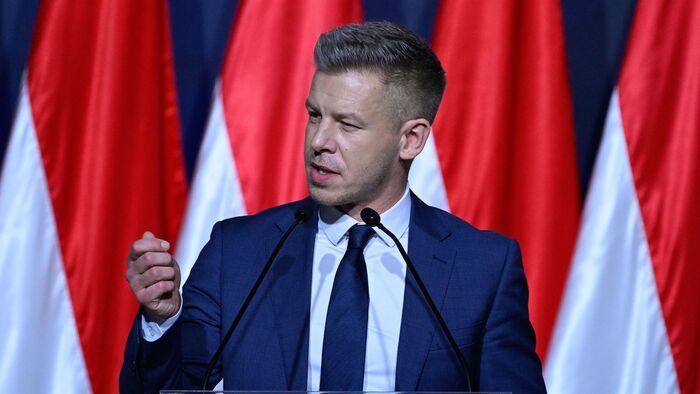

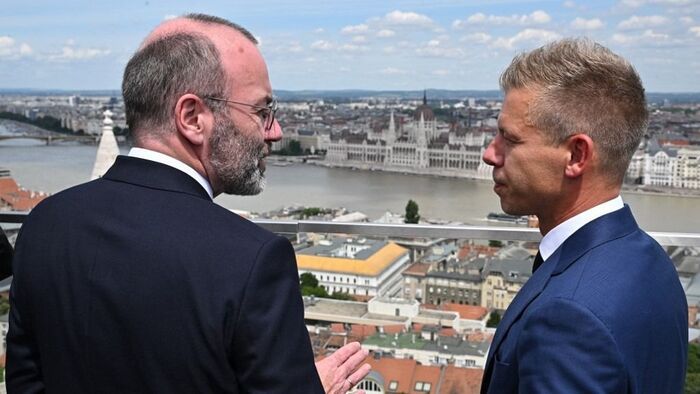

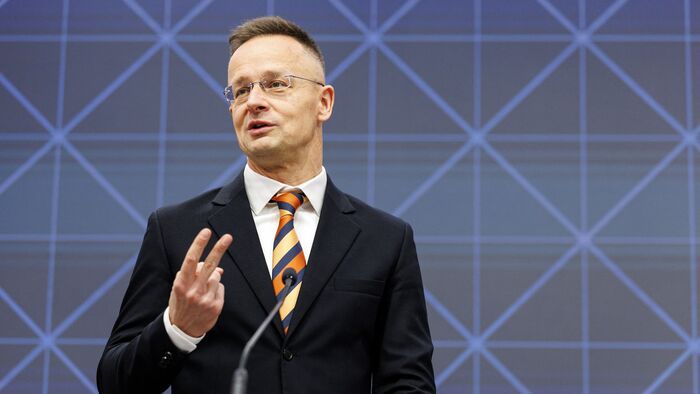





Szóljon hozzá!
Jelenleg csak a hozzászólások egy kis részét látja. Hozzászóláshoz és a további kommentek megtekintéséhez lépjen be, vagy regisztráljon!